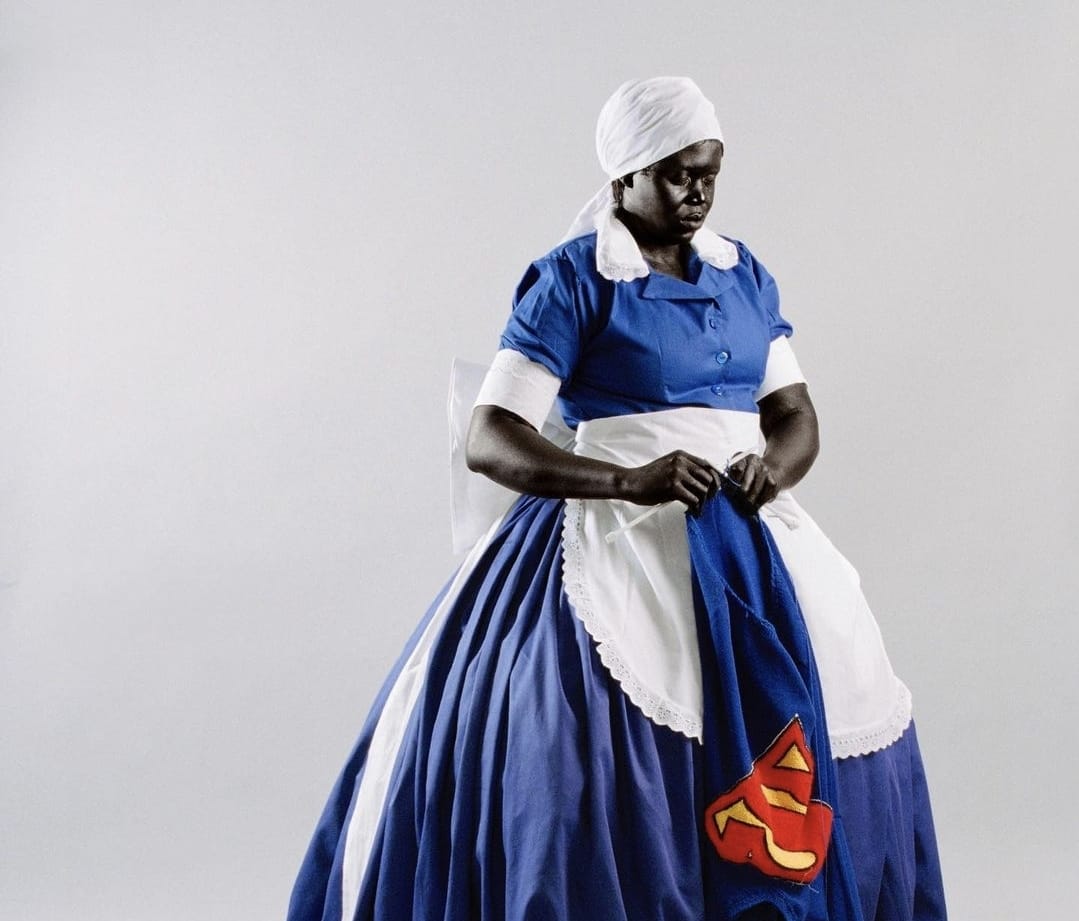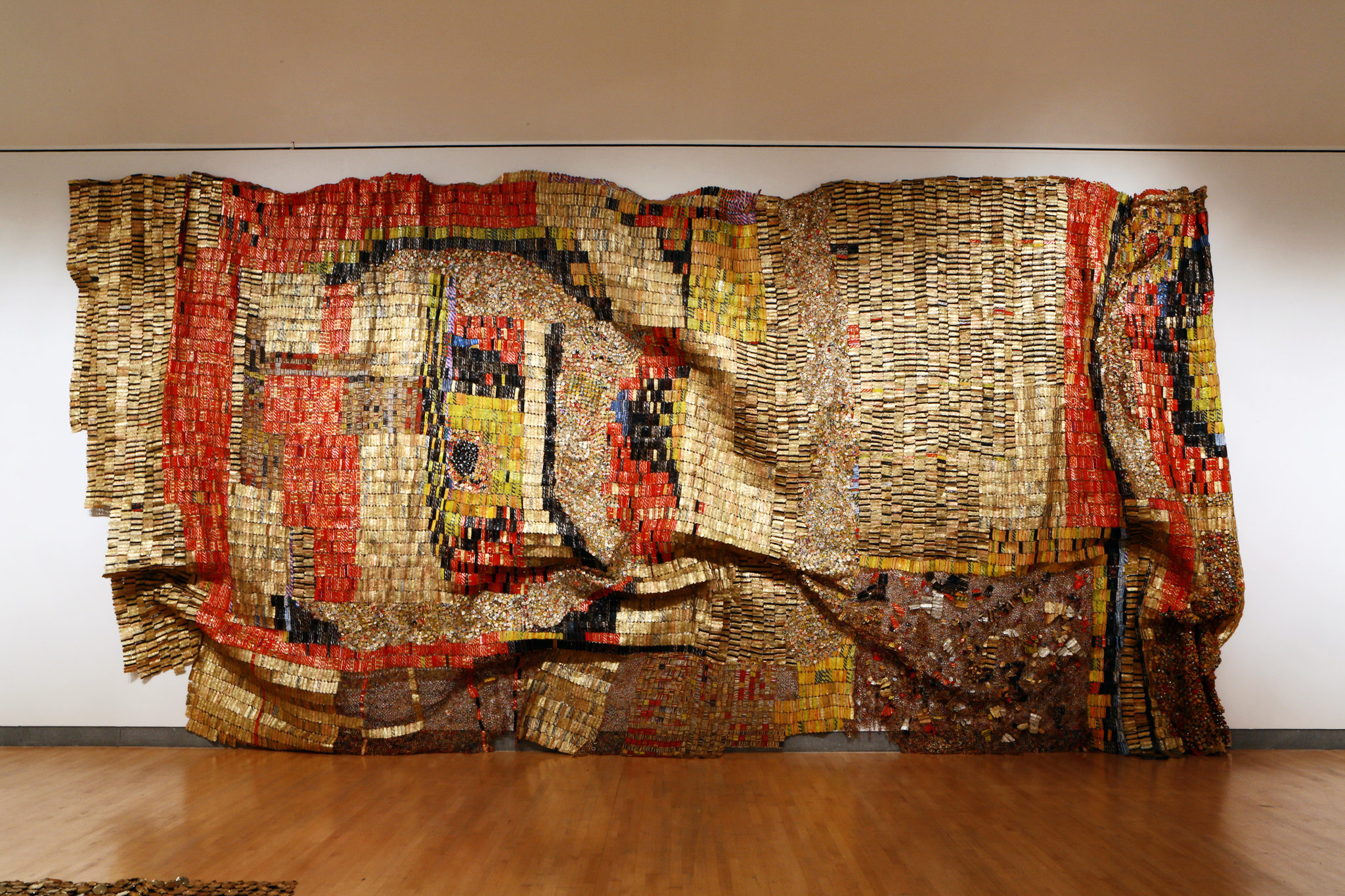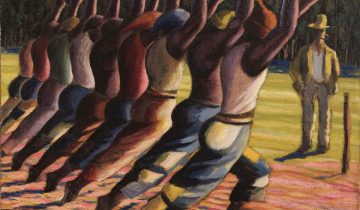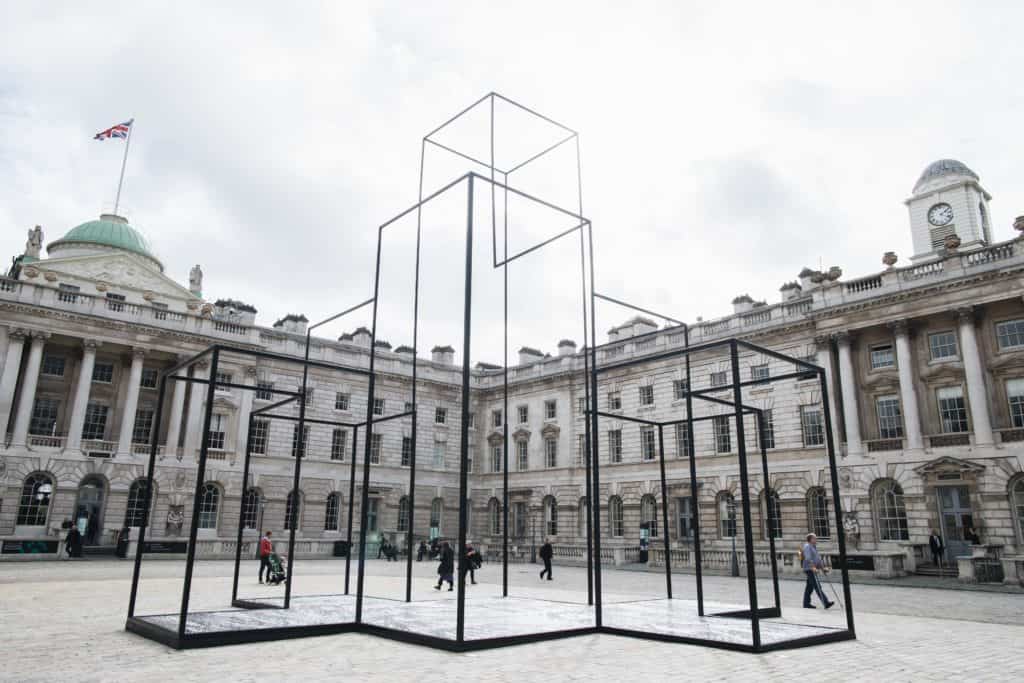The Future of African Art Education: Developing Talent and Shaping Careers – The cultural tapestry of Africa is rich and diverse, encompassing various forms of visual, performing, and literary arts. Historically, African societies have been passing down artistic traditions and techniques through informal, communal learning experiences. However, in recent years, there has been a growing recognition of the potential of formal art education to empower individuals and communities, create economic opportunities, and preserve the unique cultural heritage of the continent. This essay explores the future of African art education, the challenges it faces, the innovative approaches being implemented, and the importance of nurturing talent and shaping careers for African artists.
African art education has come a long way from its traditional roots, where artistic knowledge was passed down through generations, primarily within families or communities. With the advent of globalization and the increasing interconnectedness of the world, the need for formal art education in Africa has never been greater. This is not only to preserve and celebrate the continent’s rich artistic heritage but also to empower African artists to participate in the global art market and contribute to the cultural and economic development of their countries.
The Future of African Art Education: Developing Talent and Shaping Careers – The future of African art education holds significant potential for developing talent and shaping careers, as the world is increasingly recognizing the value and uniqueness of African art. This recognition has led to an influx of opportunities for African artists to showcase their work, collaborate with international art institutions, and participate in the global art market. This article will examine the challenges, innovations, and successes in African art education, as well as the role of art education in shaping the careers and lives of African artists.
A. Challenges facing African art education
African art education faces several challenges, including limited funding and resources, socioeconomic barriers to access, and the perception of art as a non-essential discipline. Many African countries lack adequate resources to support art education in schools, which can result in a lack of qualified teachers, inadequate facilities, and insufficient materials. Additionally, socioeconomic disparities can hinder access to art education for many aspiring artists, as they may not have the financial means to afford tuition fees or art supplies.
Another challenge is the perception of art as a non-essential discipline in some African societies. Art education may not be prioritized due to the focus on more “practical” subjects, such as science, technology, engineering, and mathematics (STEM). This mindset can hinder the development of art education and limit opportunities for aspiring artists.

B. Innovative approaches to art education in Africa
Despite these challenges, there are numerous innovative approaches to art education in Africa. One such approach is the incorporation of technology and online learning, which has the potential to make art education more accessible and affordable. Online platforms can offer courses, tutorials, and resources, allowing aspiring artists to learn from the comfort of their homes and at their own pace.
Another innovation in African art education is the collaboration between local and international art institutions. These partnerships can provide valuable resources, knowledge, and expertise, as well as opportunities for cultural exchange and learning. For example, the collaboration between the Bag Factory Artists’ Studios in Johannesburg, South Africa, and the Triangle Network, a global network of artists and art organizations, has resulted in artist residency programs, workshops, and international exhibitions.
Public-private partnerships can also promote art education in Africa. Private entities, such as galleries, art organizations, and philanthropic foundations, can provide financial support and resources to develop and maintain art education programs. One notable example is the Zeitz Museum of Contemporary Art Africa (MOCAA) in Cape Town, South Africa, which offers educational programs and workshops to local communities, fostering artistic talent and appreciation for contemporary African art.
C. Integrating traditional and contemporary practices in African art education
In order to maintain cultural authenticity
and adapt to the evolving global art landscape, it is essential for African art education to integrate traditional and contemporary practices. By incorporating traditional techniques, materials, and themes into art education curricula, students can learn about their cultural heritage while also developing their unique artistic voices. This fusion of the past and the present can result in innovative and culturally relevant art that resonates with both local and international audiences.
D. Developing talent through mentorship and support networks
Mentorship and support networks play a crucial role in developing talent and shaping careers in the African art world. Successful African artists can act as mentors, sharing their experiences, knowledge, and skills with aspiring artists. For example, internationally renowned Kenyan artist Wangechi Mutu has mentored several young African artists, helping them navigate the art world and develop their careers.
Additionally, the creation of artist collectives and support groups can foster a sense of community and provide valuable resources for aspiring artists. Collectives such as the Nsukka Group in Nigeria and the Dakar-based RAW Material Company have been instrumental in supporting emerging artists and promoting African art both locally and internationally.
E. Enhancing career prospects for African artists
To improve career prospects for African artists, art education programs should include entrepreneurship and business skills training. By equipping artists with the knowledge and tools to manage their careers, they can better navigate the art market and create sustainable livelihoods. Expanding access to local and international art markets is also crucial, as it can help African artists gain visibility, recognition, and financial support for their work.
Promoting African art through exhibitions, festivals, and cultural events can also enhance career prospects for African artists. Events such as the Dak’Art Biennale in Senegal, the 1-54 Contemporary African Art Fair, and the Lagos Photo Festival have provided platforms for African artists to showcase their work, network with art professionals, and connect with collectors and art enthusiasts.
F. Success stories of African artists and their impact on art education
The success of African artists can inspire future generations and contribute to the development of art education in Africa. One such success story is El Anatsui, a Ghanaian sculptor who has achieved international acclaim for his innovative artwork made from discarded materials such as bottle caps and aluminum scraps. His success has not only raised the profile of African art but also inspired countless young artists to pursue their creative passions.

Another case study is South African artist Mary Sibande, who has gained recognition for her sculptures and installations that address issues of race, gender, and identity in post-apartheid South Africa. Sibande’s work has been exhibited internationally, and she has been an advocate for art education in her country, sharing her experiences and knowledge with aspiring artists.
In conclusion, The future of African art education holds immense potential to transform lives and communities, as it can empower individuals, create economic opportunities, and foster cultural pride and identity. It is crucial for stakeholders, including artists, educators, and policymakers, to continue investing in and advocating for art education in Africa. This involves increasing funding and resources, promoting international collaboration and support, and nurturing the next generation of African artists.
African art education is essential not only for preserving and celebrating the continent’s rich cultural heritage but also for enabling African artists to contribute to the global art market and the cultural and economic development of their countries. By recognizing the transformative power of art and its role in shaping the future of Africa, we can ensure that African art education continues to develop talent, shape careers, and inspire future generations of artists.





 No products in the basket.
No products in the basket.